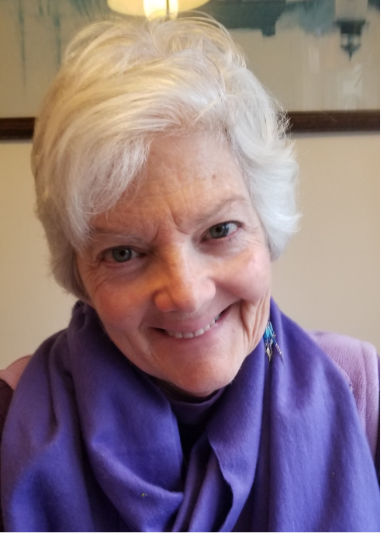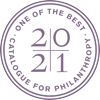
- This event has passed.
March 22 @ 10:00 am - 11:30 am
Event Navigation
This program is being offered virtually through Zoom. In order to participate and receive the Zoom link, register by clicking the RSVP button above or by emailing programs@smithcenter.org.
You will receive the Zoom information no later than the morning of your program.
with Kathleen O’Toole
Writing Through the Seasons
Summon the Resilience of Spring, Nature and Ourselves
Kathleen O’Toole’s work with haiku and other short poetic forms is deeply rooted in attention to the natural world. In her Writing through the Seasons workshops for Smith Center for the Healing Arts, she guides participants through poems, poetry forms and writing practices that invite us to pay attention to the ways season changes bring special opportunities for healing and creativity.
We’ll mark our own seasonal awareness, just after the spring equinox, and again near Samhain next fall, collecting images and feelings— “word paintings” as described by Yosa Buson, haiku master —to summon the energy needed to heal body & soul.
For these sessions: No previous poetry writing experience required, just an openness to playing with words. Bring an open heart, a notebook or sketchbook; whatever materials you need to respond to poetry and nature. (Previous participants have journaled, created drafts of poems or sketches to capture feelings and insights that have surfaced in our sessions.)
Kathleen O’Toole is a poet whose work with haiku and other short poetic forms is deeply rooted in attention to the natural world. These three workshops will guide participants through poetry forms and writing practices that invite us to explore the ways season changes bring special opportunities for healing and creativity. The ancient Celts celebrated cross-quarter days as moments of magic and openings to spirit and ritual; we’ll mark our own seasonal awareness.
Writing Through the Seasons: The Healing Power of Nature will be offered as a program series, spread over the seasons.
Suggested Donation: $15/session
This program is offered for free or at a low cost on a pay-as-you-can basis. Contributions are not required to attend, ensuring accessibility for everyone. If you’re able to donate, we deeply appreciate your support—every contribution directly funds our cancer support programs.
About Kathleen O’Toole

Takoma Park Poet Laureate Kathleen O’Toole is the author of 4 books of poetry (find her at https://kathleenotoolepoetry.com). She has taught writing at Johns Hopkins University and the Maryland Institute College of Art. As evident in her longer work, she often seeks inspiration and consolation in nature. For more than thirty years she has been writing haiku as a spiritual practice of attention, and to deepen her experience of the natural world.


